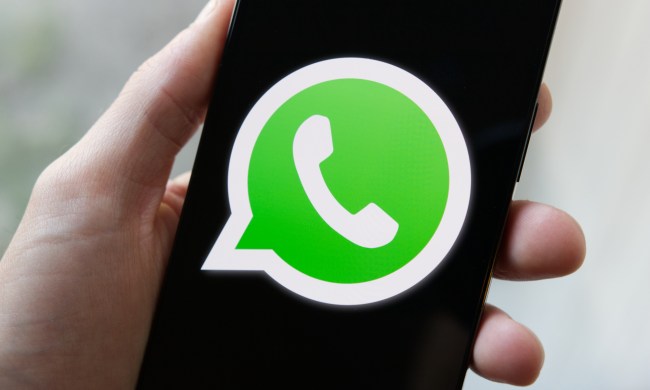New evidence found in a beta build of WhatsApp for Android suggests that Google may no longer be offering unlimited storage for WhatsApp backups.
This probably shouldn’t come as a big surprise, as Google has gradually been clamping down on its unlimited storage offerings. For years, Google offered storage allotments for Google Drive customers that ranged from generous to downright unlimited, but the search giant has slowly been walking that back lately.

For instance, when Google announced the new Google Photos in 2015, it came with unlimited storage of people’s personal photo libraries, provided they were willing to live with some pretty reasonable upper limits on the sizes of individual photos and videos. Last year, however, the free ride ended, and Google Photos began counting toward the normal Google Drive storage quotas.
Similarly, Google and WhatsApp made an agreement a few years ago to exempt backups from the popular chat app. This meant that people using WhatsApp on Android could enjoy basically unlimited storage in Google Drive for their WhatsApp data — including any related media files they’d sent or received.
It was definitely a nice bonus that their iPhone-toting brethren didn’t benefit from since, of course, Apple doesn’t offer any such deals when it comes to storing third-party app data in iCloud. Unfortunately, it looks like this deal between Google and WhatsApp is about to come to an end. Code found by WABetaInfo in the latest WhatsApp beta for Android reveals that the chat app is taking steps to deal with a world where Google Drive storage will now be limited.
The folks at WABetaInfo note that they first saw hints of this three months ago, when a new feature for managing WhatsApp chat backups to Google Drive appeared. This feature would allow certain message types to be excluded from backups to save space on Google Drive.
Since that seemed like an unnecessary option when storage was unlimited, it raised concerns that things could be about to change, and now the latest WhatsApp beta seems to prove this. New text strings found in the latest beta build show messages that may appear when someone reaches their Google Drive storage limit, and notifications about when a new limit may be coming into effect.
It’s not entirely clear at this point if Google will still provide separate storage for WhatsApp backups apart from the normal Google Drive quota. However, it’s pretty clear that whatever storage Google does offer will be limited in some way.



